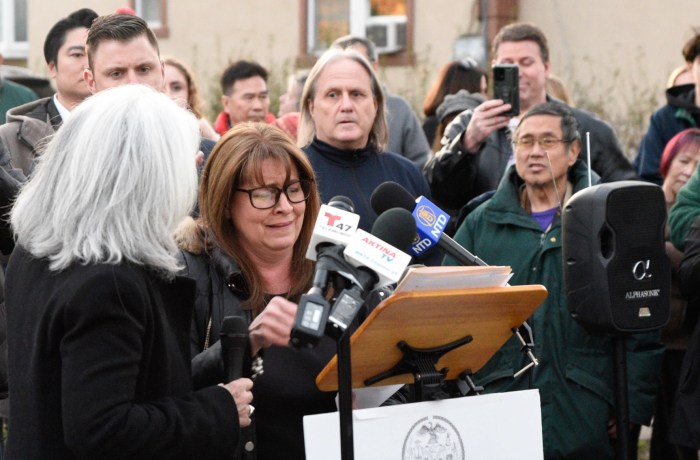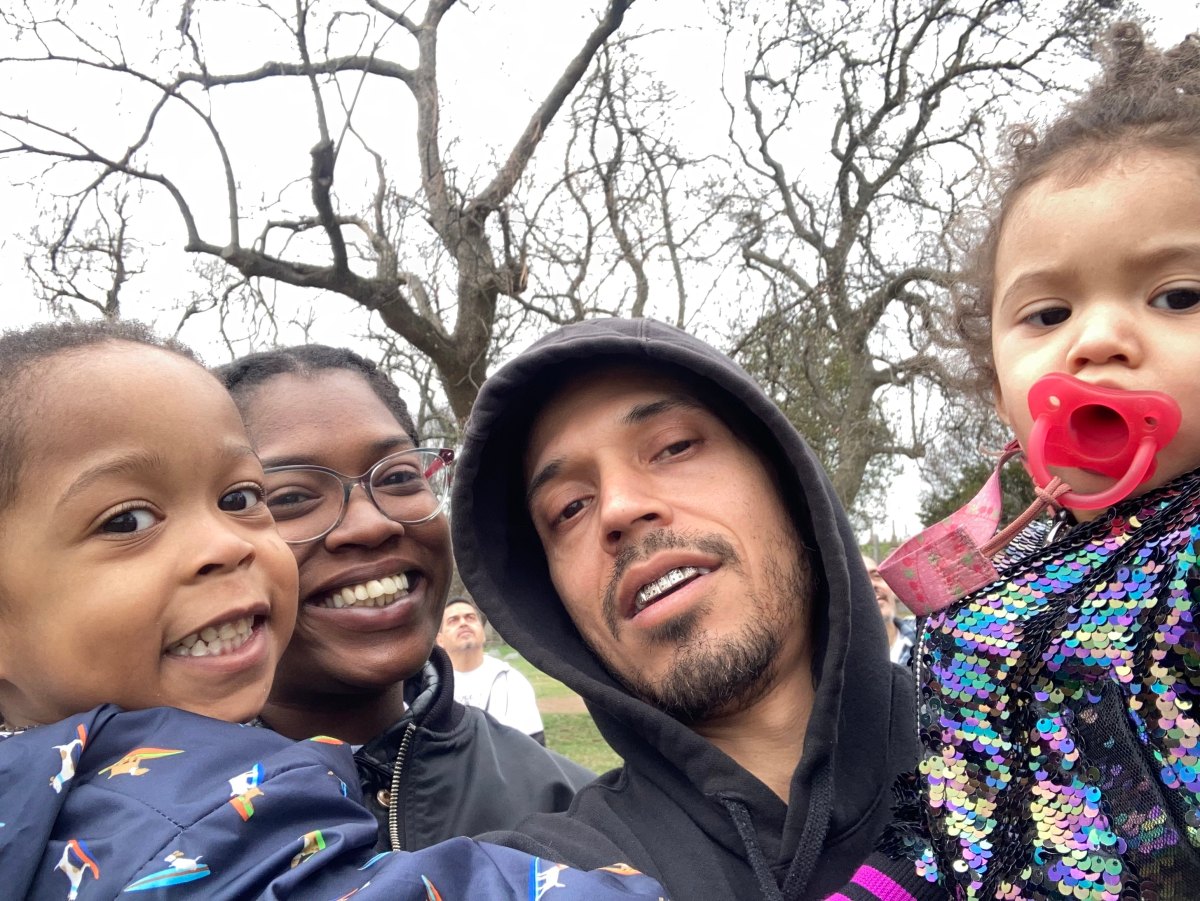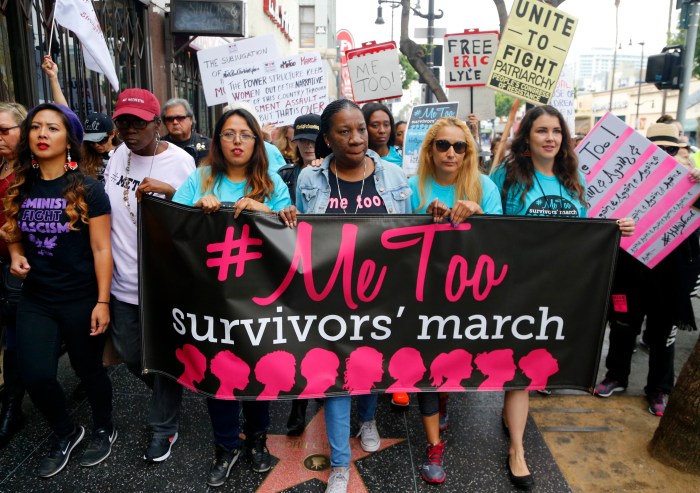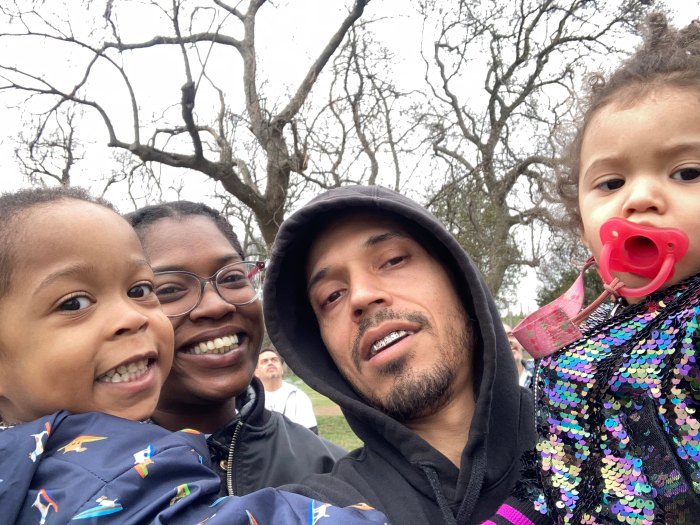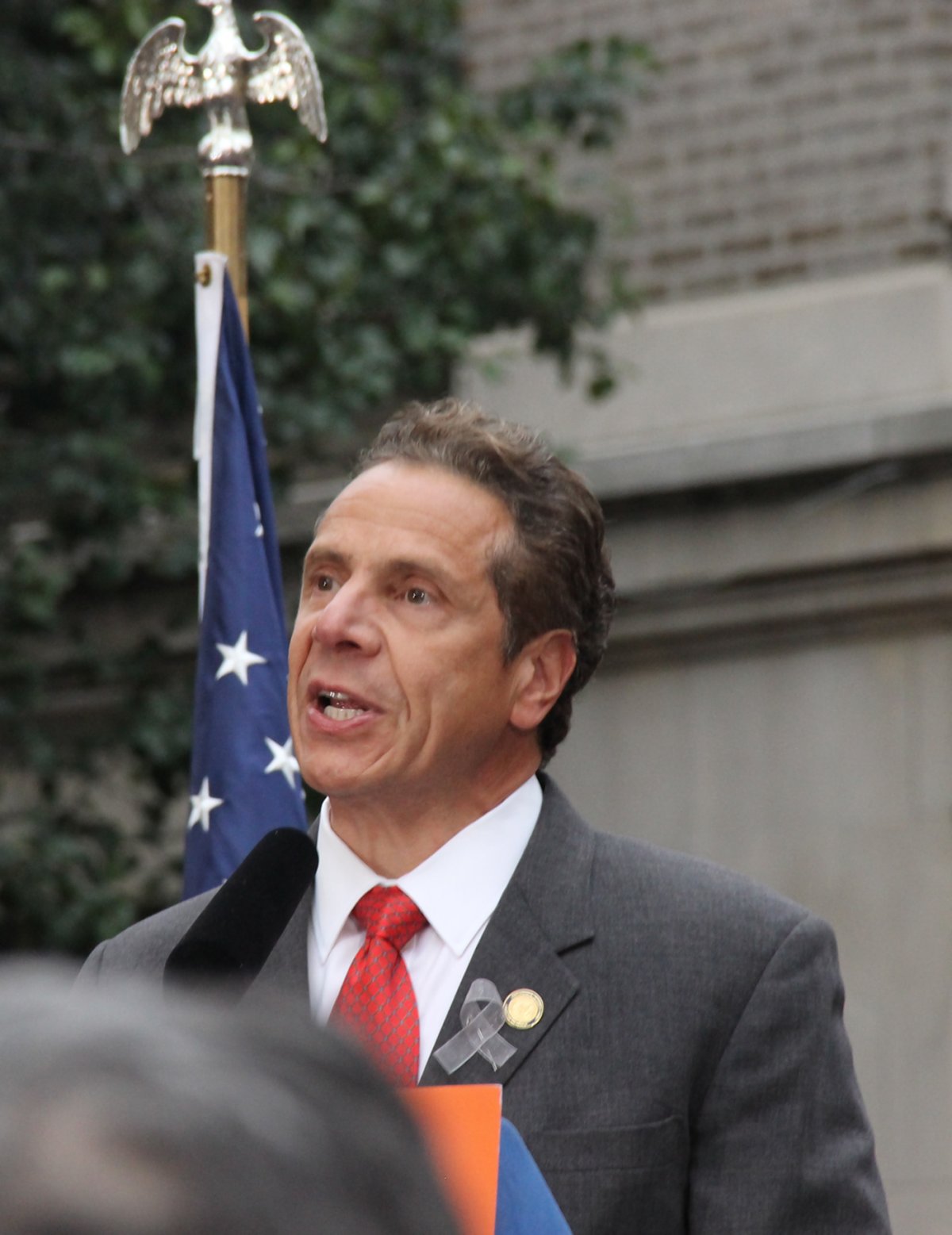
BY DUNCAN OSBORNE | What was billed as a vigil for the people murdered by a gunman in an Orlando nightclub quickly became a rally in support of gun control legislation as elected officials, the head of New Yorkers Against Gun Violence and even a trauma surgeon called for tougher federal laws to control such weapons.
“We passed gun control laws in this state,” said Governor Andrew Cuomo early in the June 13 event, which drew thousands, filling Christopher St. from Waverly Place to Seventh Ave. with the crowd spilling onto Grove St. “We are saying to our federal government, ‘We know it can be done.’ ”
In 2013, New York passed the SAFE Act, which bans assault weapons and strictly limits other weapons’ features and more tightly regulates their sale. While N.Y.A.G.V. describes the law as “one of the strongest gun laws in the country,” it has had some implementation problems.
Referring to assault weapons, Cuomo continued, “This is an American curse, it is not an international curse.”
The crowd was already primed to talk about the issue. Before the rally began, the crowd was chanting, “What do we want? Gun control. When do we want it? Now.”
Cuomo was initially heckled by a man in the crowd, though his complaints were inaudible. The heckler was quickly shouted down by other audience members.
Leah Gunn Barrett, N.Y.A.G.V.’s executive director, told the crowd that the Orlando gunman had been interviewed by the F.B.I. twice, but was still able to buy a gun in Florida.
“We need to restrain this legal means of terrorism,” she said.
The gunman, Omar Mateen, killed 49 people in the Pulse nightclub in Orlando early in the morning on Sun., June 12. He injured another 53 people. Police killed Mateen after storming the club in an effort to rescue people who were being held inside. The victims were overwhelmingly Latino and young and included many gay, lesbian and transgender patrons.
The murders sparked vigils across the country, including a June 12 gathering that was held outside the Stonewall Inn. That earlier event drew about a 1,000 people to the bar. The 1969 riots that started following a police raid of Stonewall are seen as marking the start of the modern L.G.B.T. rights movement. New York City’s L.G.B.T. community often regularly meets at the site during momentous events.
Dr. Sheldon Teperman, who heads the trauma surgery unit at Jacobi Medical Center in the Bronx, described the wounds caused by assault weapons, saying they “explode organs and sever limbs.” He said that the high ratio of deaths to injuries was typical of such guns.
“We need to take that seminal piece of legislation, the SAFE Act, and spread it across this nation,” Teperman said at the vigil, which was organized by the Stonewall Democratic Club of New York City, an L.G.B.T. political group.
Even speakers who made comments that were closer to what is typically heard at a vigil joined the gun control chorus. City Councilmember Rosie Mendez, an openly lesbian politician who represents the East Village, discussed Mateen’s motivation in the deaths, which has been described as a hate crime, yet took note of Mateen’s weapon.
“He killed 50, but he attacked us all,” she said. “He attacked us because of who we are and because of who we love… . If a ban existed, I am sure this would not be called what it is being called, the greatest mass murder in U.S. history.”
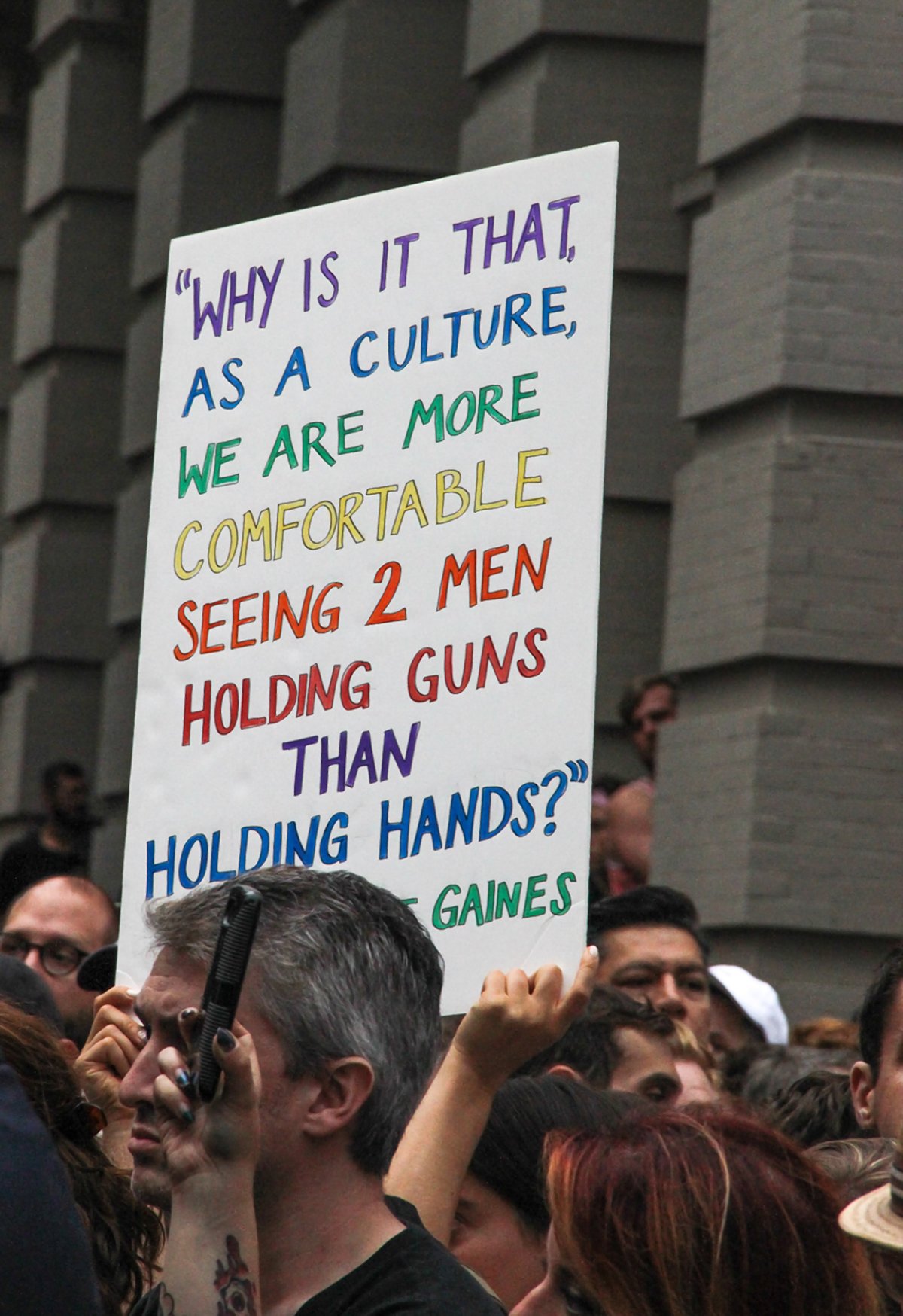
Mayor Bill de Blasio, who spoke last, sought to assure the crowd.
“When thousands of people come together, it is a renunciation of hate,” he said. “We say to Latino New Yorkers, we stand with you and we will protect you, we say to L.G.B.T. New Yorkers, we stand with you and we will protect you, we say to Muslim New Yorkers, we stand with you and we will protect you.”
The mayor brought Chirlane McCray, his wife, and Police Commissioner William Bratton with him. When Bratton spoke, the heckling and booing was so loud that his comments could not be heard. The crowd was growing impatient toward the end of the roughly two-hour event, so when McCray began to speak, audience members began to yell, “Say their names!” referring to the victims.
In a moving closing, the rally ended with people stepping to the podium and reading aloud the names of the 49 victims as people in the crowd held small lights or their cell-phone flashlights in the air. After each name, the crowd responded with “presente” (pres-en-tay). At a vigil, it means he or she is here.
The event’s only amusing moment came when Nick Jonas, a performer who has teased his gay male fans with innuendo suggesting he is gay, stepped to the podium and a large portion of the crowd began to chant, “Say you’re gay. Say you’re gay.”











